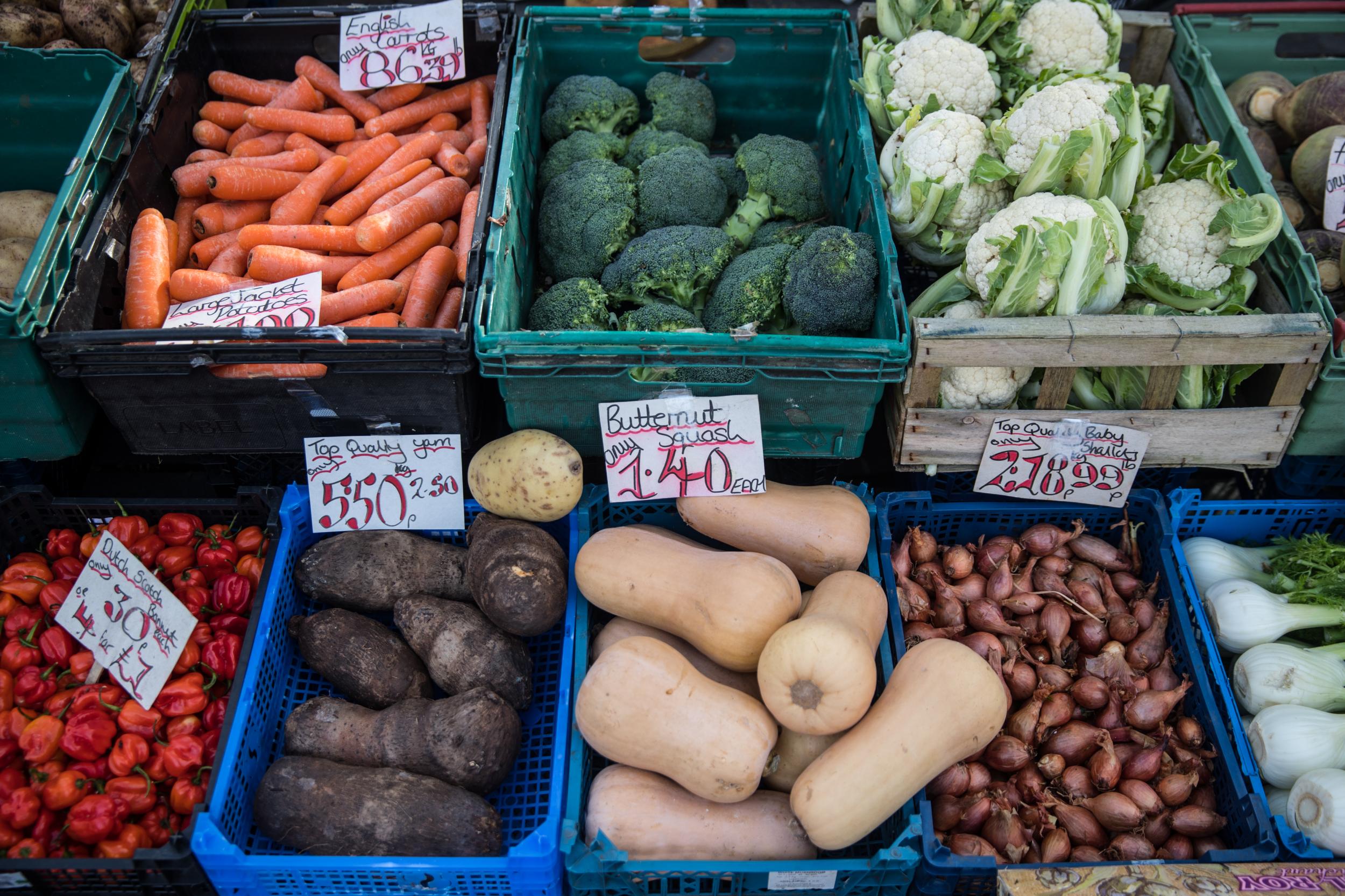Vegetarians more likely to show signs of depression, finds study
Study cannot say diet causes depression but researchers say ‘little is known’ about the relationship and call for more research

Following a vegetarian diet could increase a person’s chances of suffering symptoms of depression, according to a new analysis.
The authors suggest that “nutritional deficiencies” could account for “significant depressive symptoms” found in participants calling themselves vegan or vegetarian.
This could include deficiencies in key fats and nutrients that meat is rich in, like Vitamin B12, according to researchers from the University of Bristol and the US-based National Institutes of Health.
The paper is based on re-analysis of data from an older study, conducted in 1992 with around 10,000 expectant fathers in Avon, Devon, of which only 350 men were vegetarians.
The paper, published in the Journal of Affective Disorders, found a statistically significant relationship between a vegetarian diet and depressive symptoms.
And this held even when adjusting for other factors associated with higher rates of depression, such as family history of mental health problems, employment status and alcohol consumption.
But it cannot suggest that vegetarianism caused these depressive traits, or the other way around, without a more controlled experiment.
The study tested male participants against the Edinburgh Post Natal Depression Scale, 18 weeks into their partners’ pregnancy.
It also asked participants to report foods they ate. Men classed as vegetarian had a “lower consumption of sausages, burgers, meat pies, meat, poultry, liver and white fish” and 97 per cent of the vegetarians enjoyed “green leafy vegetables”.
But the paper does show that more than one in 10 would happily eat a meat pie, and at least four reported eating offal.
And a higher proportion of vegans reported eating red meat than those who called themselves vegetarians, 72 per cent versus 4.7 per cent.
The authors say that while a vegetarian diet is associated with improved heart health and other benefits, “little is known about the benefits or risks” of a vegetarian diet on mental health.
It states in its conclusion that diet can impact on mood in several ways, including a lack of key vitamins or fats, although these levels were not tested.
The paper says: “Since exclusion of red meat primarily characterises vegetarians, lower intakes of vitamin B12 merit consideration as a contributing factor.
“Our findings are also consistent with a [2014] evaluation of 1046 Australian women where lower red meat consumption was associated with nearly a doubling of risk for major depressive and anxiety disorders.”
But it concludes diet choice and mental health are affected by multiple factors, saying: “This study does not resolve the question of whether adoption of a vegetarian diet will increase, or decrease the risk of depressive symptoms or affect mental well-being or what specific nutrients, if any, may influence those risks, but does suggest that a randomised controlled trial of selected nutrients or foods may be warranted.”
Join our commenting forum
Join thought-provoking conversations, follow other Independent readers and see their replies
Comments